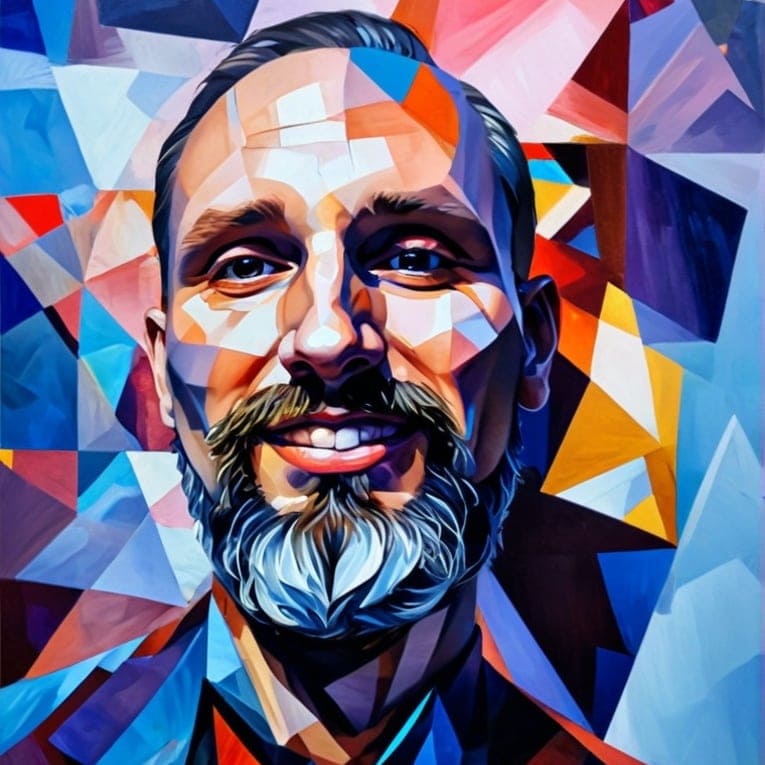Briefly
The yoke, often seen in imagery of oxen, is a powerful symbol that has represented various principles throughout history. Its most prevalent symbolic meaning across different cultures is the concept of unity, connection and collaboration. It’s a tool that harnesses two separate entities together, enabling them to work as a singular, harmonious unit. Furthermore, the yoke also carries the symbolism of burden and subjugation, representing the idea of being under control or in servitude, often in a religious context.
Yoke in Dreams
From a psychological perspective, dreaming about a yoke can have a multitude of interpretations, often reflecting the dreamer’s current life situation. If an individual is feeling overwhelmed or burdened, a yoke appearing in a dream could symbolize this weight they feel they’re carrying. Conversely, if the dreamer is seeking to cultivate a deeper connection or partnership in their life, the yoke may represent this desire for unity and cooperation. It can also symbolize the idea of being ‘yoked’ or tied to a particular responsibility or situation, indicating a sense of restriction or confinement.
Yoke in Myths and Folklore
In the realm of myths and folklore, the yoke is often seen as a symbol of a hero’s burden or task. It is frequently represented in tales where the protagonist must carry a significant weight or responsibility, often a reflection of the character’s strength and resilience. In Greek mythology, for instance, the yoke is linked to the myth of the Titan Atlas, who was condemned by Zeus to hold up the sky for an eternity, his burden represented by the celestial sphere usually depicted as a great yoke across his shoulders. In Hindu folklore, the yoke plays a key role in the story of the Samudra Manthan, where it was used to churn the ocean of milk, symbolizing the act of harnessing collective power and unity.

Reviewed by Alexander Lys, M.L., a specialist in the field of symbolism research and dream psychology. A certified participant in numerous psychological seminars and courses, the author of hundreds of articles on psychology, including studies on symbolism in dreams and myths from a scientific perspective.



